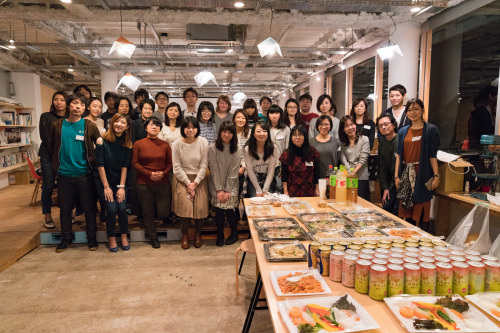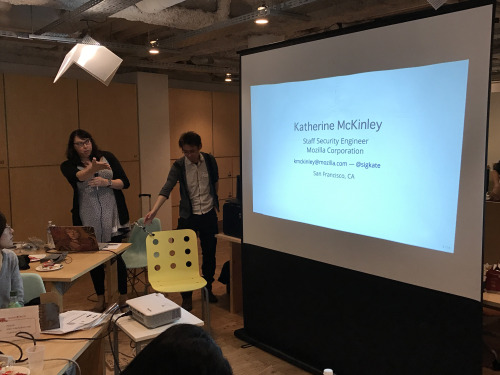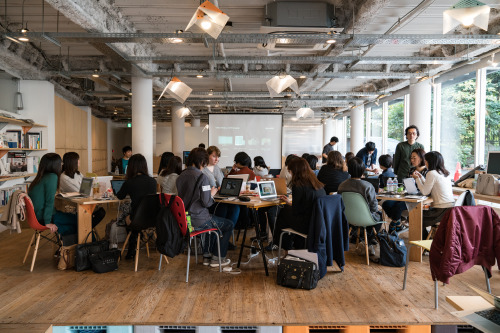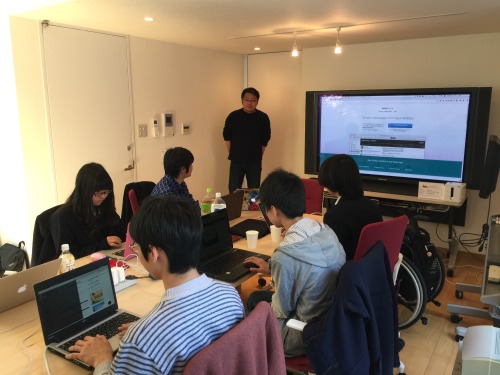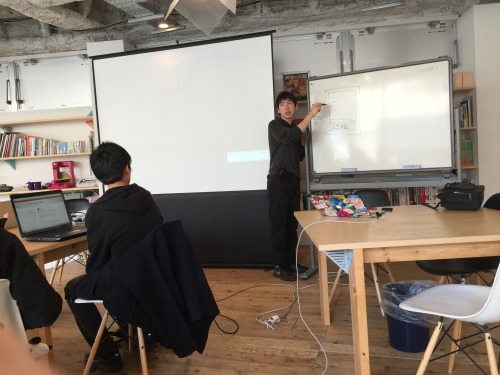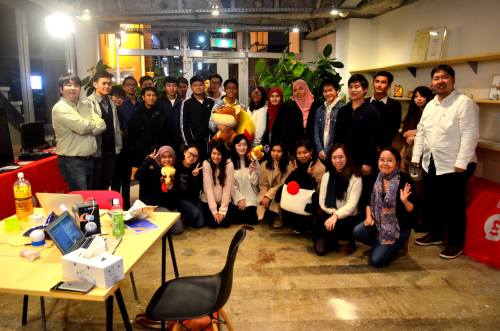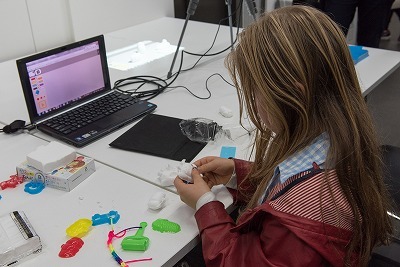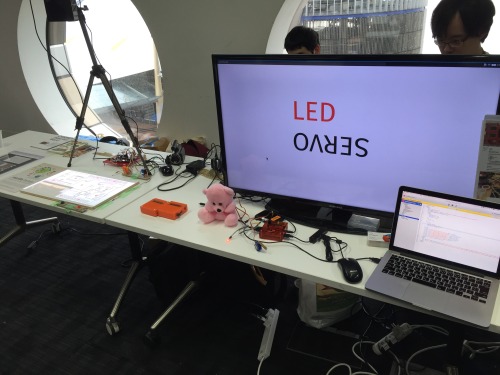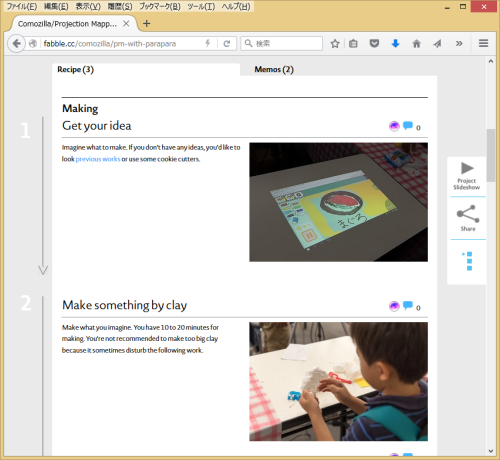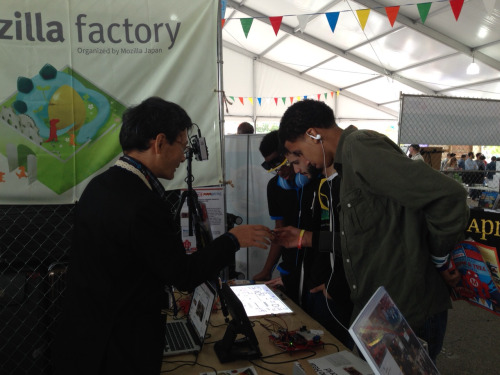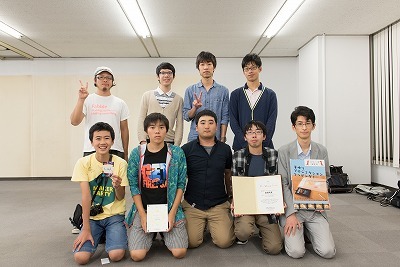Firefox Student marketing team participated a community meeting about online privacy. This is translated version of their blog post.
Original article(JP)
http://fxstudent.tumblr.com/post/138128552252/on-line-privacy-meeting.html
————————–
Hi, this is Kubota. On Sunday, January 24, we attended the "community meeting on online privacy.” Though it was my first time meeting most of the people there, they were all very nice and we were able to get along very fast.
The agenda included a sharing of results from a “survey on privacy awareness,” and then brainstorming for ideas based on the results to think where and how we should put more effort to raise people’s privacy awareness.
We first got a short presentation describing what online tracking is and how it affects our privacy. Then, after a brief discussion as a whole, we broke up into 4 groups to discuss the topic further. Each group came up with quite interesting ideas, so I want to share these with you today.
The first group focused their discussions on “tracking.” All members of the group agreed on a consensus that though we don’t really wan’t people tracking us, it’s negotiable if it brings us benefits. However, they thought people aren’t aware of the potential dangers of tracking. They came to the conclusion that, to make people more aware, we should write out these potential dangers of tacking in “short and simple” descriptions. With this, we can convey the pros and cons of tracking, and prevent online incidents from happening.
The second group’s opinion: “most people already know that it will do harm if they don’t take privacy measures, so we need to provide these people who don’t know what exactly to do with the right information.” To do this, we can make and distribute a small booklet that carefully describes some measures that they can start taking on the spot. We can also use the Moz Bus to campaign privacy measures, along with the popularization of the Firefox OS.
Group 3: “we need to target elementary and middle school kids at the entrance of the Internet, and teach the basics of the web (including privacy) so that they have literacy once they start using it.” In the discussion, another interesting point came out: “focusing on children is a good idea, but often their parents don’t have a good understanding of online privacy neither.” Therefore, this group decided to target not only schoolchildren, but also their parents. To do this, they thought up of a workshop that we can hold at the Mozilla office where kids can come join with their parents. The workshop will take a jack-in-the-box-approach, where participants are asked to enter information into a prepared website. After this, they will get a first-hand experience on how much their personal information is at risk. We hope we can show features on their browsers so that these users can benefit from a Internet experience, including privacy, that best fits their needs.
Group 4 also discussed about materials that we can make to raise privacy awareness. From the survey results, we saw that there was a large population of people who understood the risk of online privacy, but didn’t take any measures to prevent harm. Therefore this group came up with materials that we can use to let people know of actual measures that they can take. They targeted high school students, since these kids can then share the knowledge to their friends and family. The program will teach these students about the importance of privacy through workshops and online sites that cover topics such as location information and tracking. Since just providing them with information would have little adhesion, this group thought up of an app where students can learn about privacy “the hard way.” The interactive app will use location information to let them experience its potential dangers. This group also had ideas of using media such as train ads and manga to raise awareness. I really hope some of these ideas will become reality.
With so many different ideas from all the groups, it was a very fun and worthwhile meeting. With this being a kick-off, I am so excited of the series of activities about to start!
